Rising Tides: a new award-winning documentary from J. Lazarus Auerbach and Scott Duthie
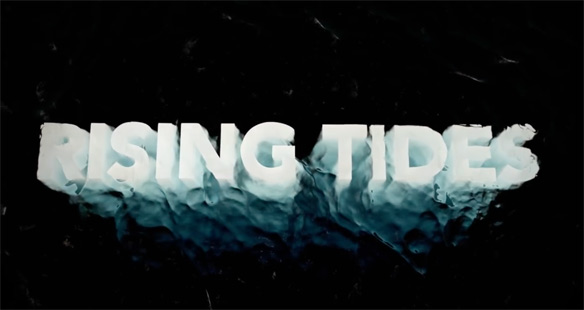
“Rising Tides” explores the topic of coastline erosion, showing what has been done in the past, what is being done now, what worked, what didn’t and what the coastal areas can expect in the future.
Turning tides: a glimpse into our future with rising sea levels
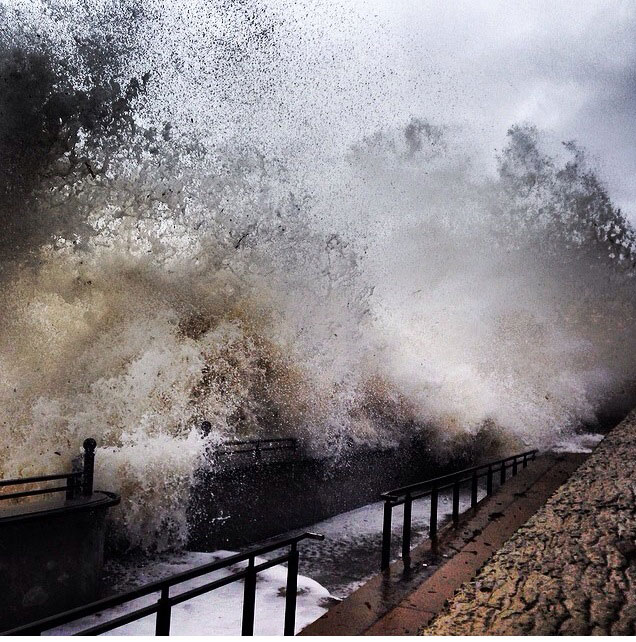
For most people seeing is believing. Sea levels are rising, and the number of coastal flood days has increased dramatically. Unlike the drought, it is difficult to understand what future sea level rise will look like for our coastline.
We can’t ignore the rising sea; By Orrin H. Pilkey

In the U.S., North Carolina stands alone in doing basically nothing of consequence in sea level rise planning and even discourages state employees from mentioning global climate change. Instead, the response of North Carolina has been to hold the shoreline in place at great cost and even encourage further development…
Disappearing beaches: a line in the sand
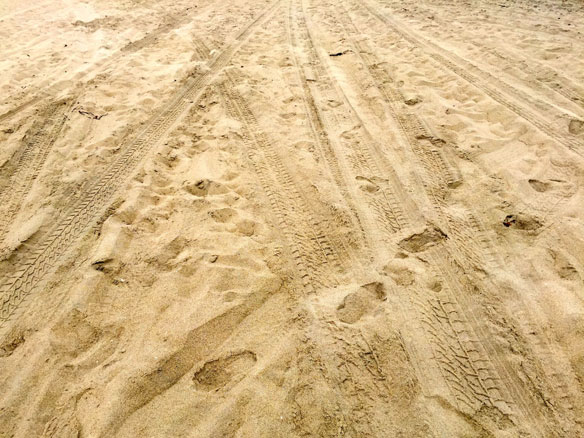
The forces chewing away at the nation’s beaches are only getting worse as climate change fuels rising seas.
Antarctic coastline images reveal four decades of ice loss to ocean
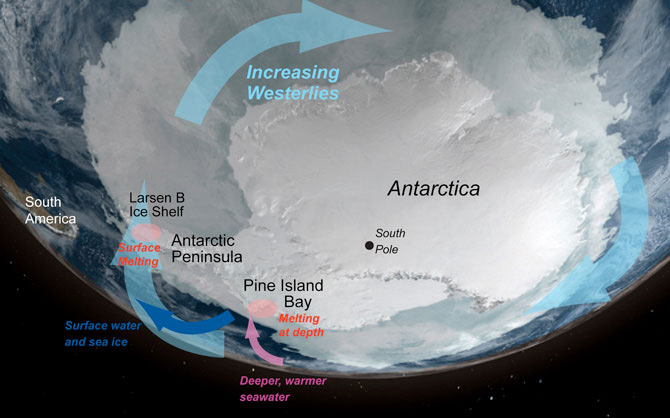
A study of images along 2000km of West Antarctica’s coastline has shown the loss of about 1000km2 of ice – an area equivalent to the city of Berlin – over the past 40 years. Researchers were surprised to find that the region has been losing ice for such a length of time. Their findings will help improve estimates of global sea level rise caused by ice melt.
Rising seas put brakes on developers’ march toward the ocean, SC
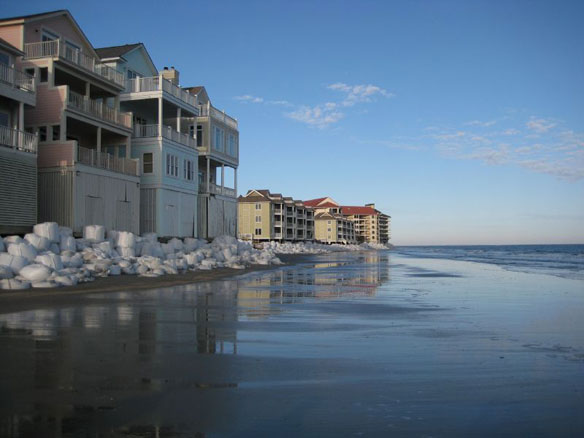
The South Carolina House just passed a bill that will close a loophole in state law that has allowed new construction closer to the ocean when renourishment projects temporarily widen the seashore. The lower chamber’s action is considered a significant, long-term step to prevent construction farther out on the beach at a time of rising sea levels.
Scientists predict extensive ice loss from huge Antarctic glacier

Current rates of climate change could trigger instability in a major Antarctic glacier, ultimately leading to more than 2m of sea-level rise. By studying the history of Totten’s advances and retreats, researchers have discovered that if climate change continues unabated, the glacier could cross a critical threshold within the next century, entering an irreversible period of very rapid retreat.
Ghana’s coastal erosion: The village buried in sand
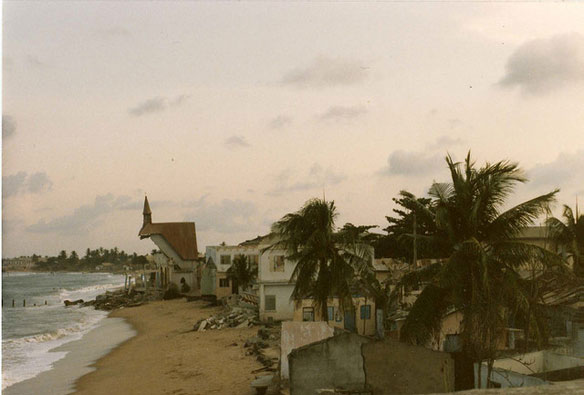
Rising sea levels are swallowing up land along the West African coastline at an astonishing rate. The geographical location of Fuveme, in Keta municipality of the Volta region, Ghana, makes it particularly prone to sea erosion. A 2010 study by the World Bank paints a grim picture for the rest of the country.
Abrupt Sea Level Rise Looms As Increasingly Realistic Threat
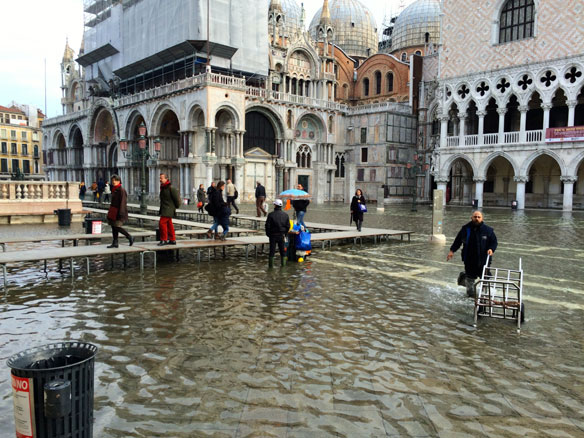
Ninety-nine percent of the planet’s freshwater ice is locked up in the Antarctic and Greenland ice caps. Now, a growing number of studies are raising the possibility that as those ice sheets melt, sea levels could rise by six feet this century, and far higher in the next, flooding many of the world’s populated coastal areas.
